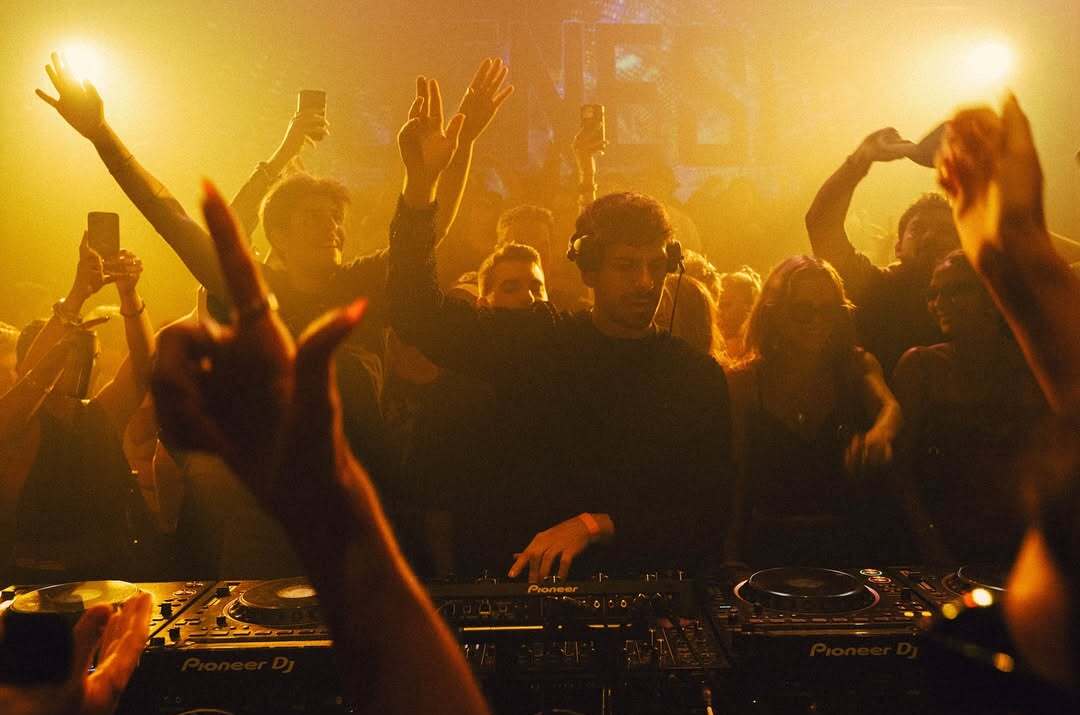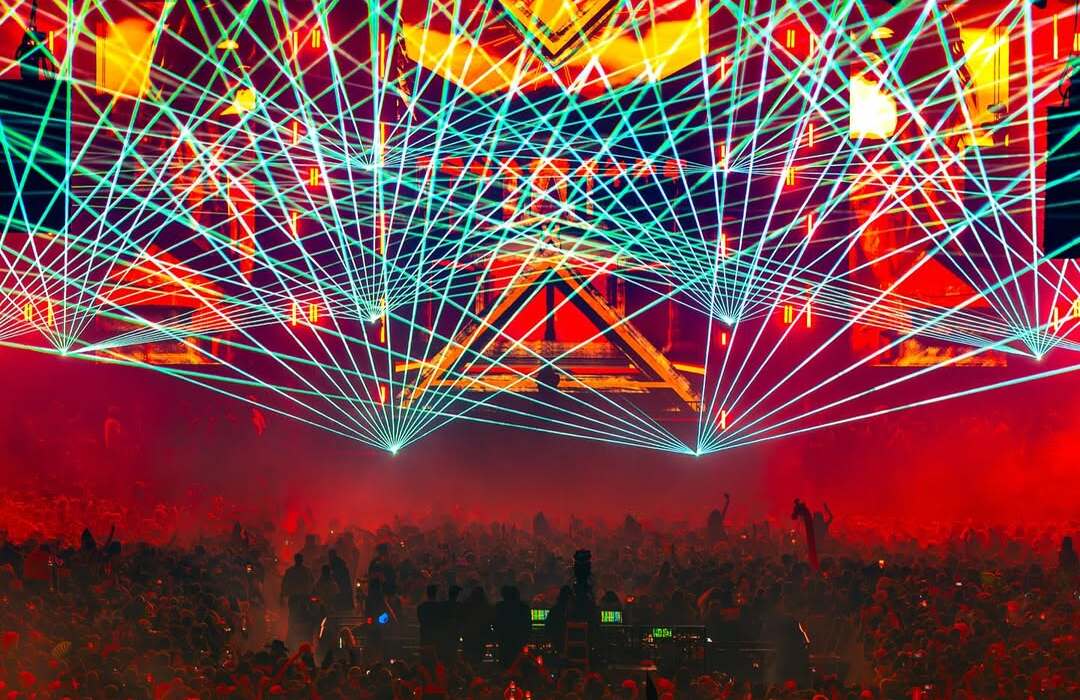Manga artist Tatsuki Fujimoto is best known for his most recent work, the brilliantly fast-paced joyride Chainsaw Man. With its brutal action and ever escalating plot, the Shonen Jump series stands out from the crowd as a great and extremely dark action shonen. Before his Chainsaw Man, Fujimoto wrote Fire Punch, a lesser known work that shaped his distinct style and methods of storytelling.
The story takes place in a world that has succumbed to a new ice age. In this wasteland, special individuals known as Blessed who exhibit superhuman abilities. Not much backstory is given save for a description of the Ice Witch, a powerful Blessed who froze the entire world and brought it to its current state of decay. The protagonist is Agni, a young boy with regenerative abilities who after the loss of his younger sister, finds himself alone and engulfed in eternal flames. Fueled only by his nearly unlimited healing factor and his thirst for revenge, Agni embarks on a journey to kill the Blessed who murdered her.
Describing Fire Punch in greater detail to those unfamiliar with it gets rather difficult. Fire Punch is simultaneously a high stakes post-apocalyptic fantasy with some incredibly compelling themes on human identity and purpose, and an incredibly quirky dark comedy with a fascination for cinema. This is a gross oversimplification, but can give readers an inkling of just what kind of experience the series offers.
Fire Punch doesn't like to linger on any given subject and constantly moves forward. The series is only 83 chapters, but reading a summary of its events would lead one to scratch their head at how so much story is crammed into such a short series. Much like Chainsaw Man, its blistering pace comes with both pros and cons, since it keeps the story fresh and engaging yet often results in moments that don't feel fully realized. However, the comparison doesn't fully encapsulate the nature of its storytelling, as Fire Punch pushes the envelope further than its successor, leading to extreme leaps in plot points that dwarf anything found in Chainsaw Man so far.
Readers will find this same level of extremity in the world and environments of the series. Its setting is so incredibly bleak and utterly hopeless that it makes Chainsaw Man's latest arc seem like child's play. While Chainsaw Man is far from a lighthearted series, the incredible lengths that Fire Punch goes from the beginning to drive its point home make it far darker than its successor could ever hope to be.
While Fire Punch lacks the same amount of structure and careful balance of Chainsaw Man, it surpasses it in terms of visceral emotion and raw atmosphere. In many ways the series feels like an unchained Fujimoto; less refined and coherent but also infinitely more distinct and innovative. As it develops, the series introduces ideas and themes that at times feel overly ambitious, but consistently finds creative methods of approaching them. While it doesn't always fully flesh out its complex material, the end result stands out among its peers (and even Fujimoto's other work) as a series that finds no shortage of uniqueness.
As a whole, Fire Punch is a bit of an unorganized mess. Its plot is unrefined and often difficult to follow, with concepts that aren't ever entirely realized, but it compensates with an incredible amount of heart and intriguing moments. In spite of its flaws, it remains an unparalleled insight into Fujimoto's creative direction and offers interesting perspective on his evolution as an artist For both fans of Chainsaw Man and new readers intrigued by his distinct style, Fujimoto's first series should not be overlooked.


